Your Story Matters
Writing Out Loud: Is Your Story Worth Sharing?

Is Your Story Worth Sharing?
My new book coaching clients are on fire right now! They have a story or a big idea they are burning to share with the world. We're digging in together to further focus t...
The Writer's Life: Tools of the Trade & Setting Aside Time


Tools of the Trade:
Dropbox or Google Drive? Or some other organizational system?
What matters most is you have a cloud-based system to contain and organize your writing. Otherwise you risk wast...
Let's Get Real: Words of Affirmation & Avoiding Comparison
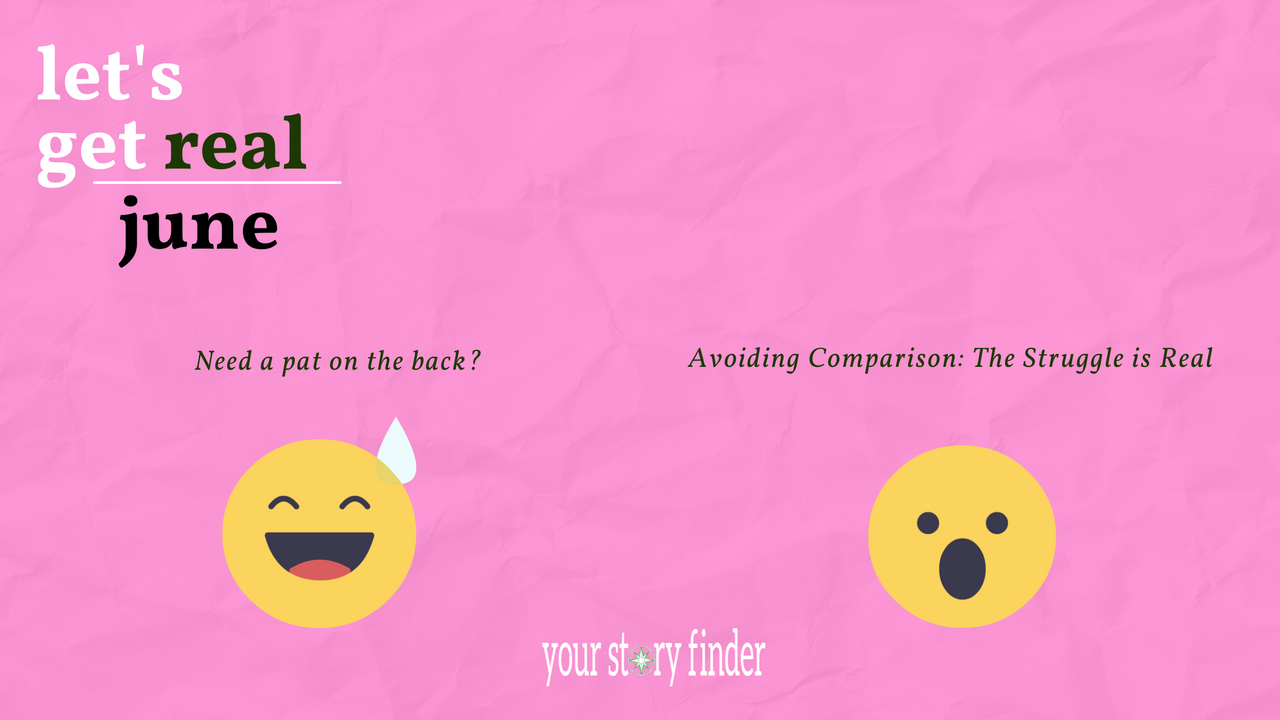
Let's Get Real: Words of Affirmation & Avoiding Comparison
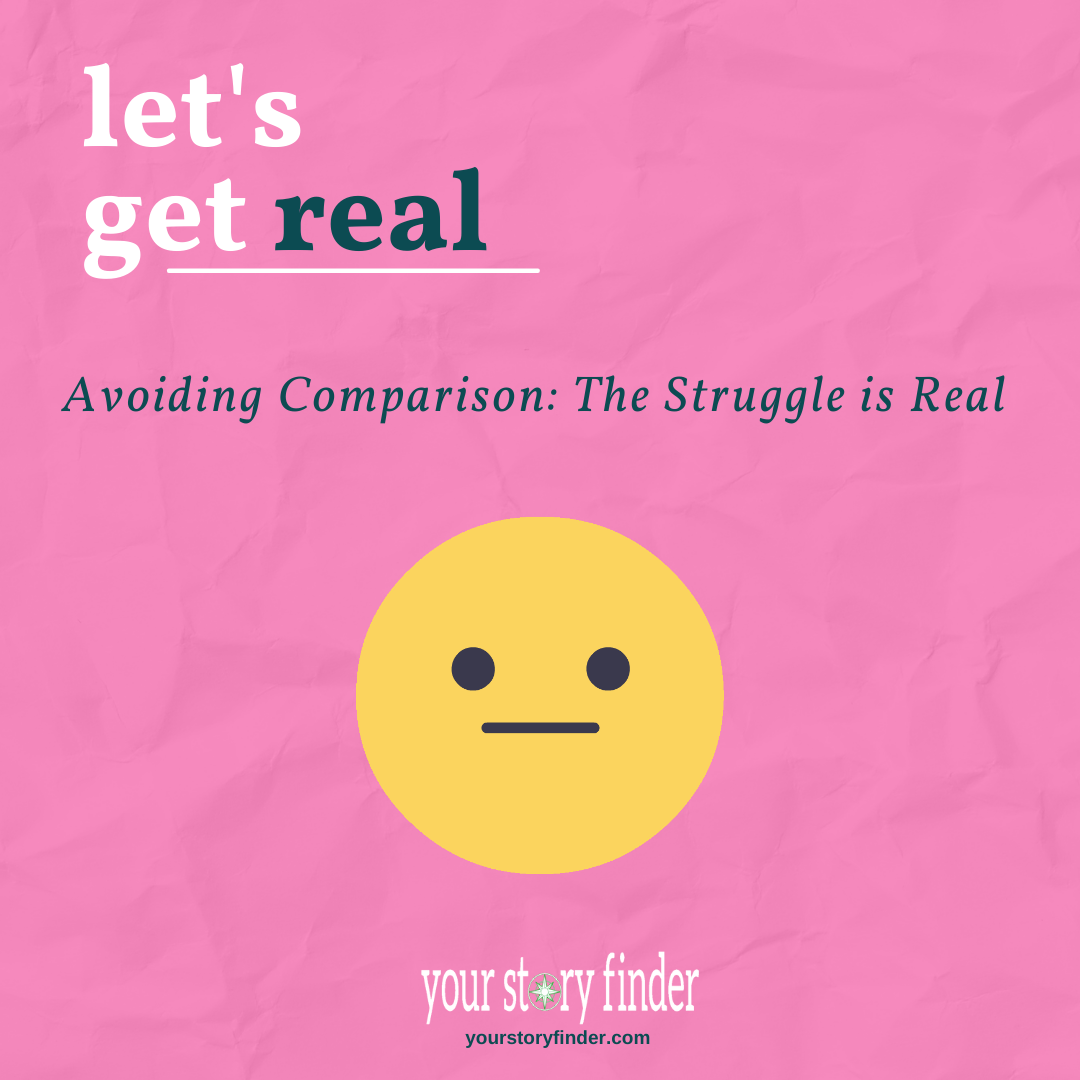
Avoiding Comparison: The Struggle is Real
When you’re a writer, it’s hard to avoid comparing yourself to other writers.
You know, the o...
Readers Corner: The Part That Burns
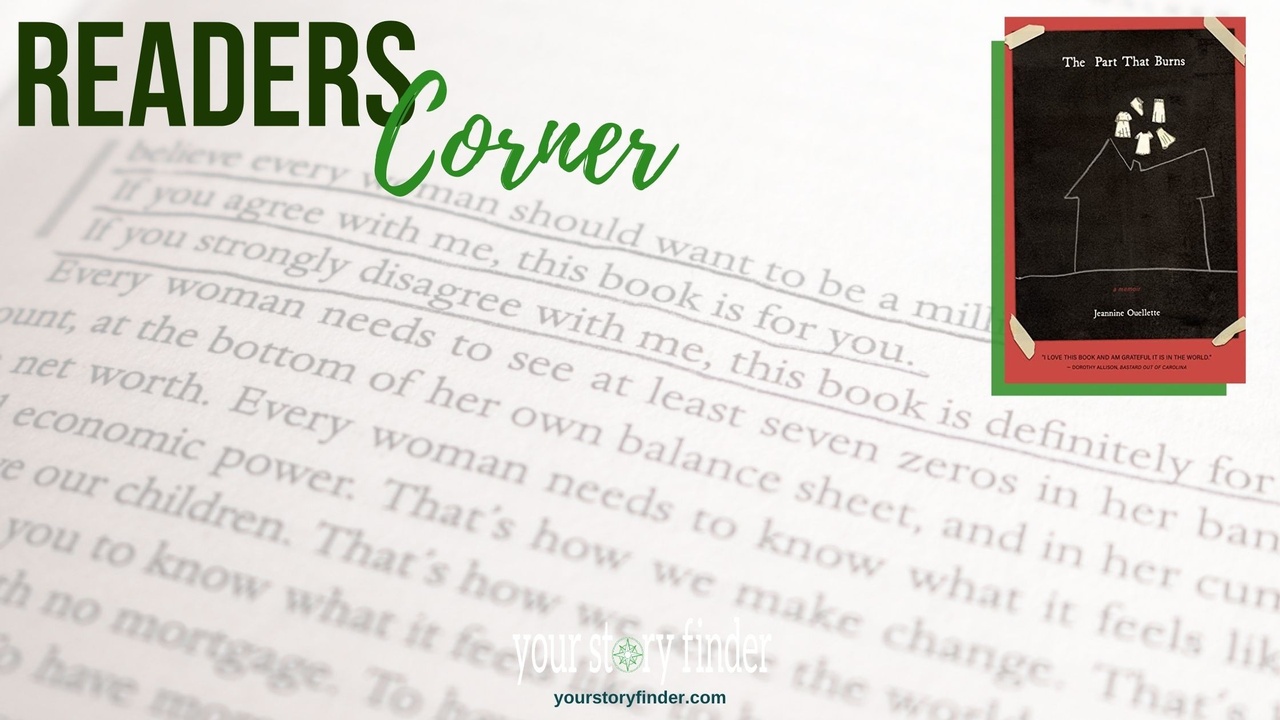
The Part That Burns, A Memoir by Jeannine Ouellette

Memoir writers need to uphold their bargain with the reader to be trustworthy, to tell the truth as they remember it. See how deftly Ouellette do...
Space to Create
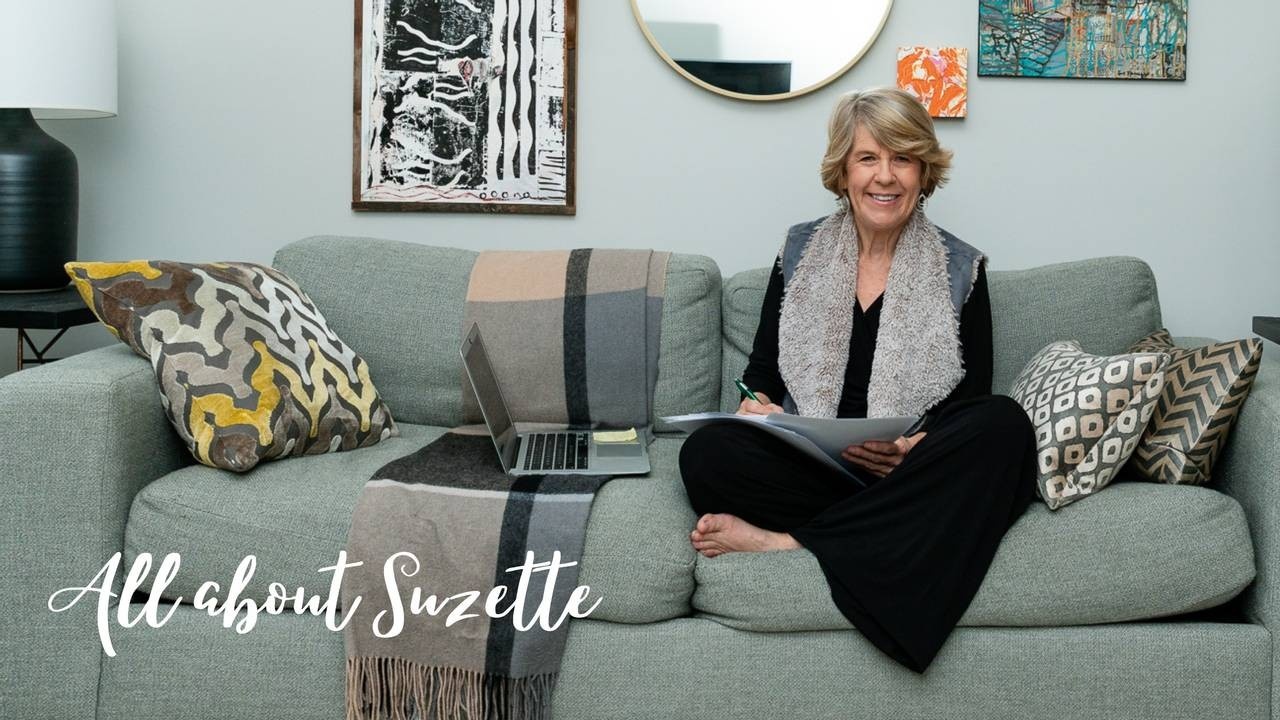
Yoga Gives Me the Space to Create: What Works For You?
Now that I’m fully vaccinated, I’m back on my yoga mat, in the yoga studio, five days a week. Boy, did I miss this during quarantine!
The sweat...
Freedom!

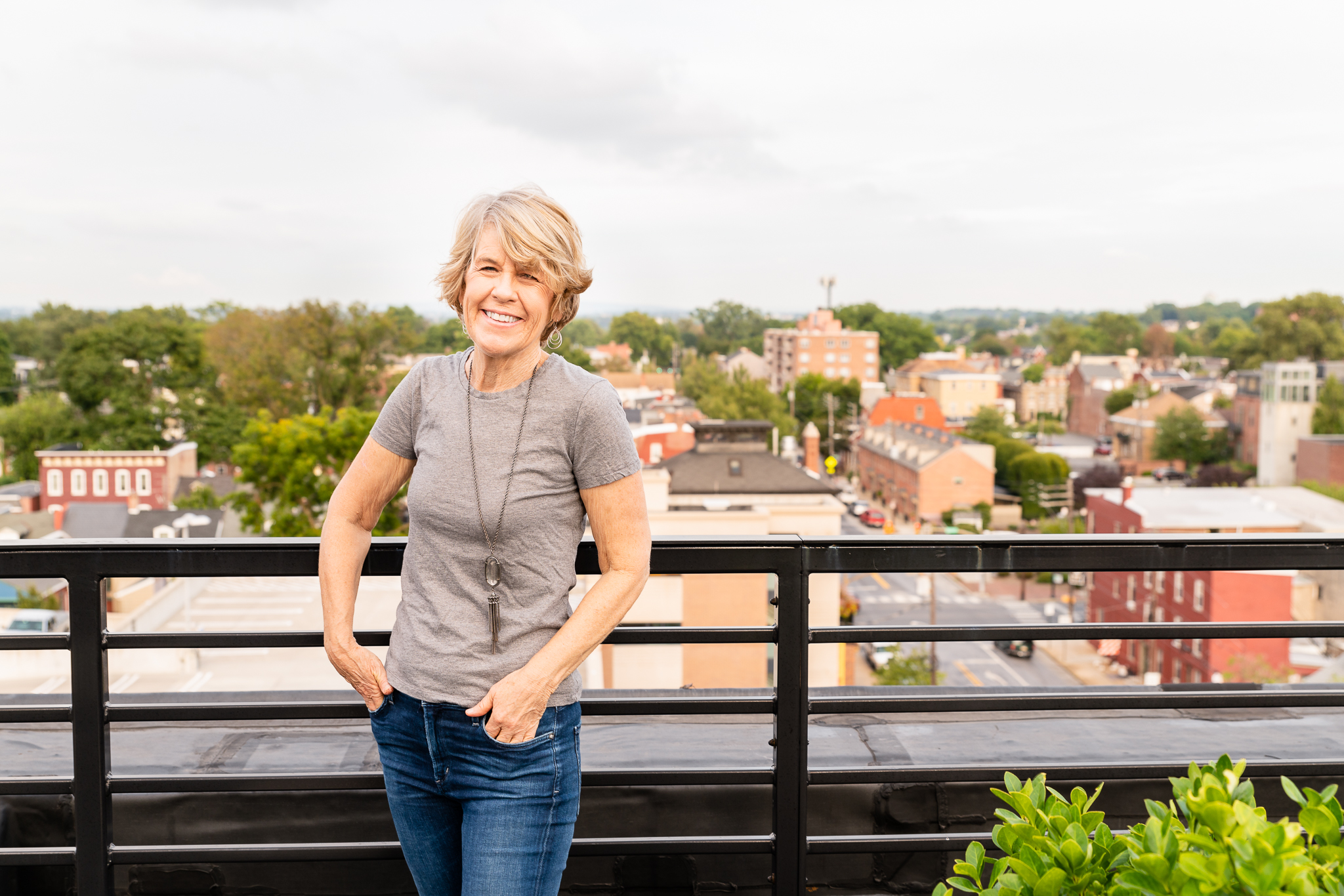
Guess what happened this week? I got Shot #2! I’m going to continue to be careful—wear masks in public, physically distance, and wash those damn hands—but this is a hallelujah moment! Freedom on the...
Readers Corner: In The Dream House

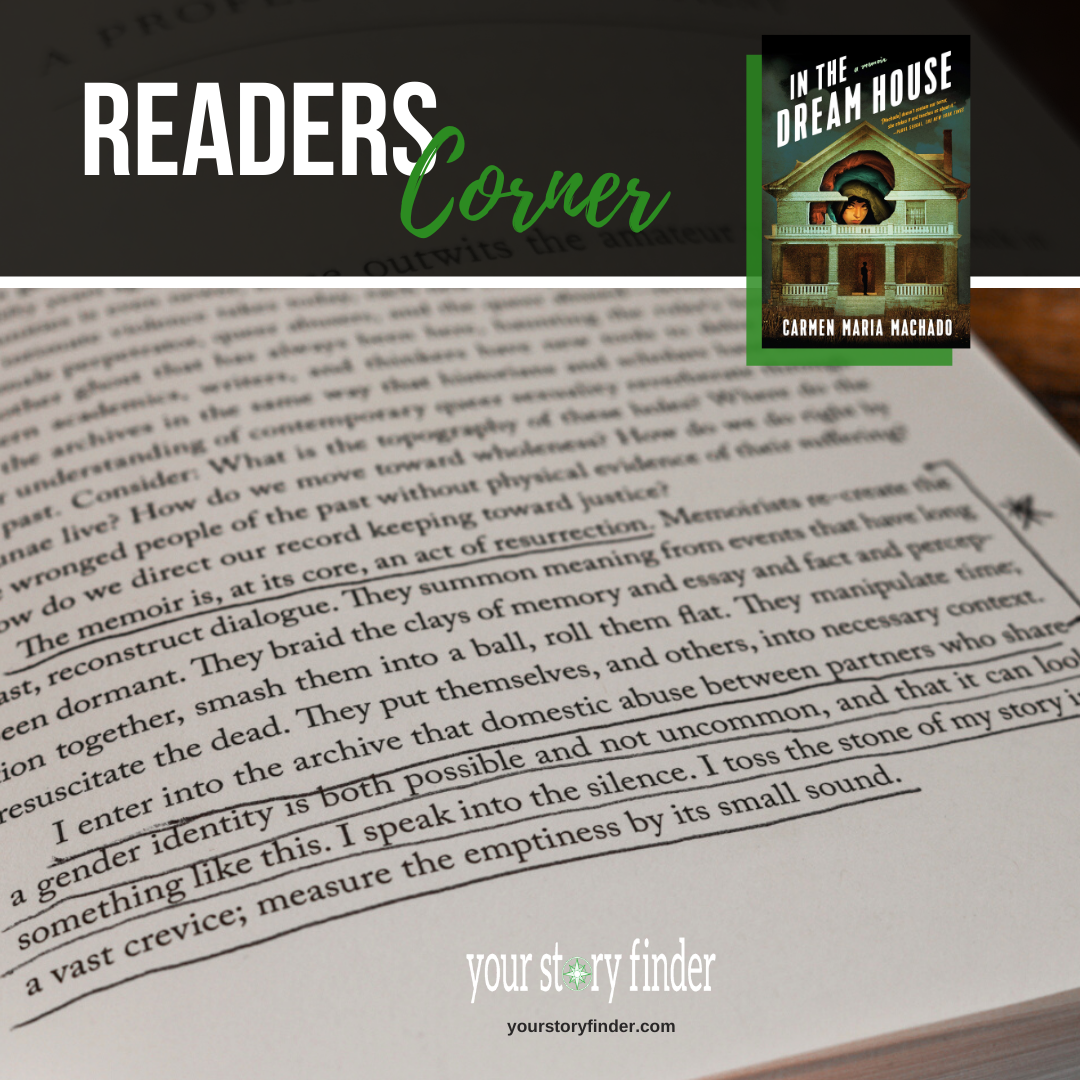
In the Dream House is an extraordinary, genre-breaking memoir.
“Chapters” range from multiple pages to one with a single sentence.
Fragments, slivers, shards of memory.
Leaps back and forth in ti...
Show & Tell - The Evolution of a Query Letter

A query letter is a short piece of writing with a single purpose: to pique an agent’s attention enough that they will be interested in reading more—whether that’s the opening pages of your manuscript ...
Readers Corner: The War of Art

I love talking books, and I’m always happy to share the ones that move me or teach me something. I'll be highlighting books that speak to me and pulling quotes that resonate. I hope you find value in ...
So You Want To Write A Book: The #1 Enemy to Creativity

You want to write, but you aren’t writing. You say tomorrow will be different, but it’s the same story, different day. There’s a battle going on inside you, and the wrong side is winning. There’s a cr...


